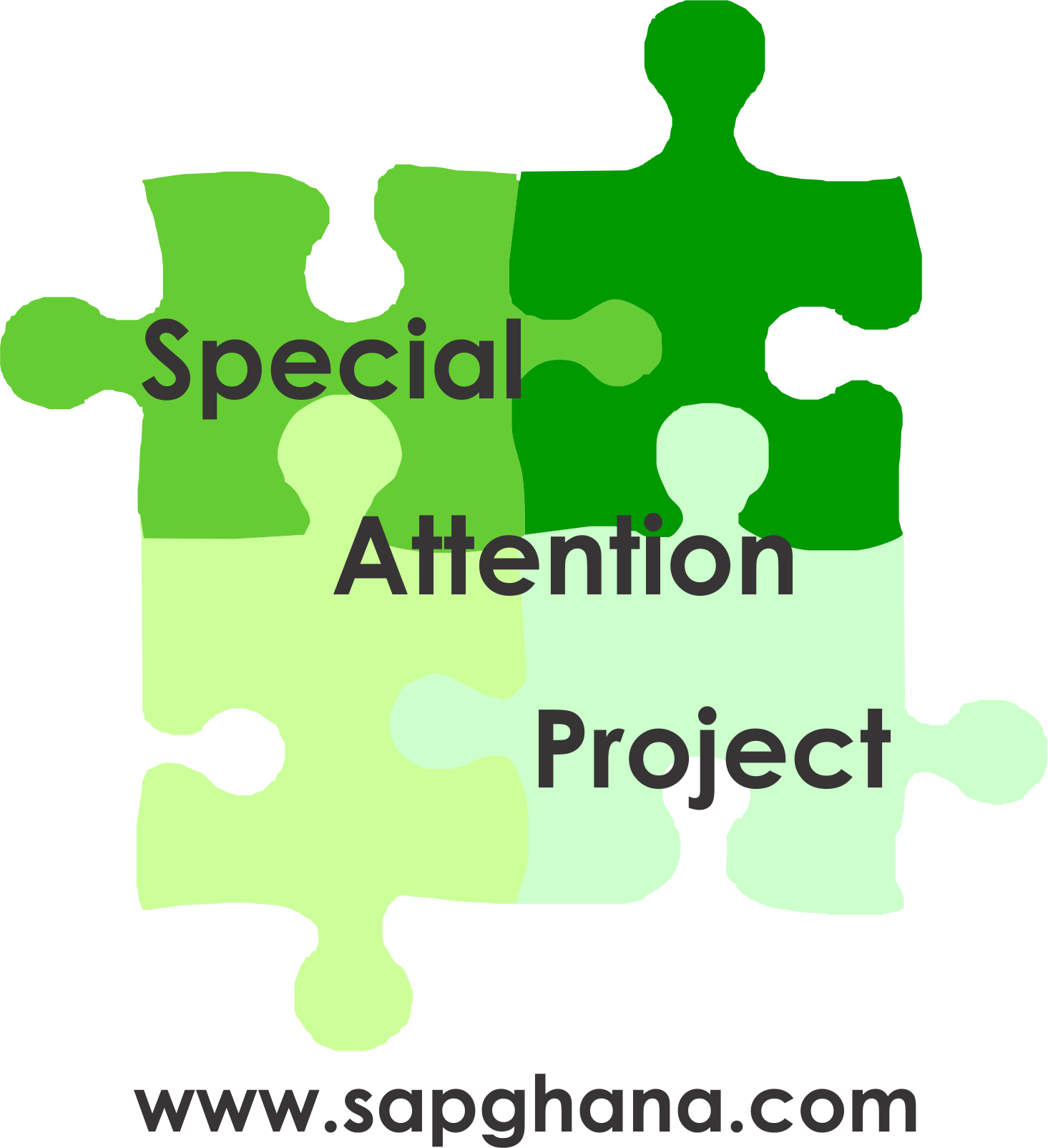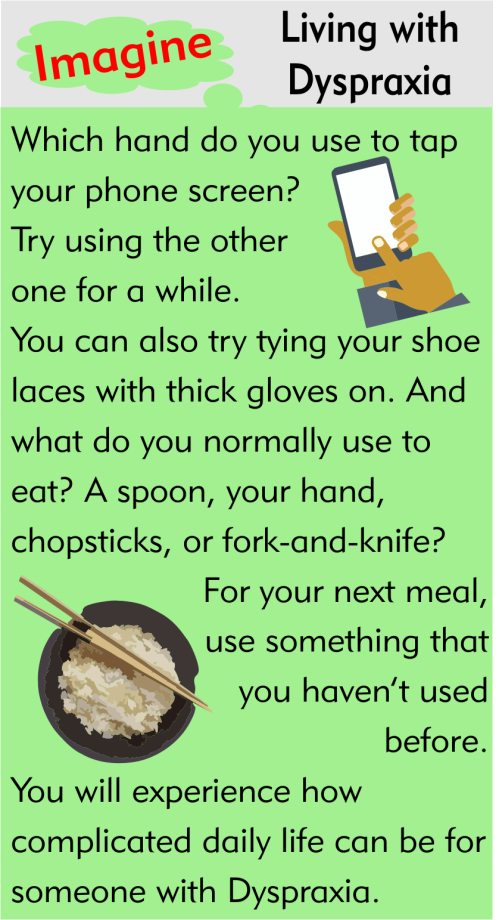What is Dyspraxia? Dyspraxia affects development of skills in movement and coordination.
If your child - is intelligent, -can see and hear well - often drops things or walks against other people or objects, - and is less able to coordinate the movements of his or her hands and legs than other children of the same age, then he or she may have Dyspraxia.
|
|
Signs of Dyspraxia:
- the child has had the difficulties in coordinating their movements from an early age; he or she was slow to learn to run, to skip or climb staircases
- the child may have difficulties in pronouncing words when speaking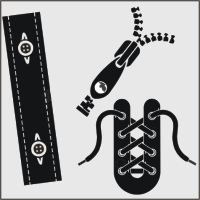
- the chil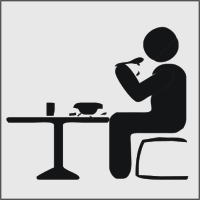 d finds it difficult to tie shoe laces or to fasten / unfasten buttons, while other children of the same age are able to do so
d finds it difficult to tie shoe laces or to fasten / unfasten buttons, while other children of the same age are able to do so
- when eating, the child tends to scatter the food
- the child has difficulty catching a ball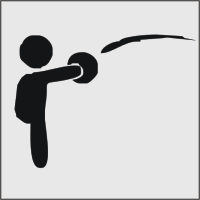
- the child often stumbles, falls or walks against obstacles like door posts
- the child has poor handwriting and drawing skills
- the child is not good at jigsaw puzzles, Lego, riding a bicycle, ball games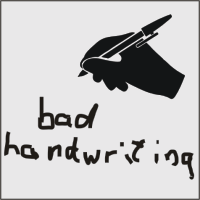
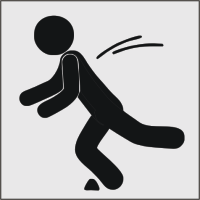
There are currently no diagnostic Dyspraxia tests that are valid for Ghana.
When your Child has difficulties in movement and coordination...
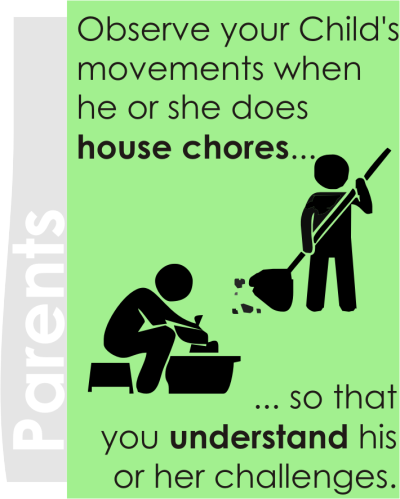 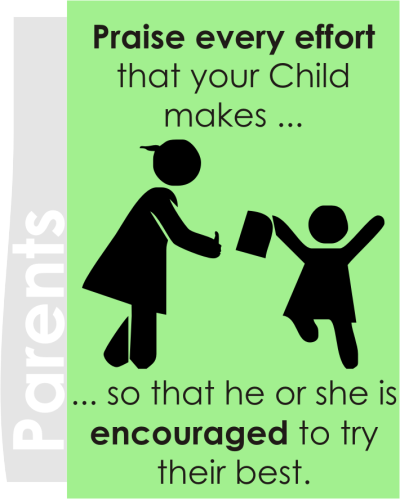 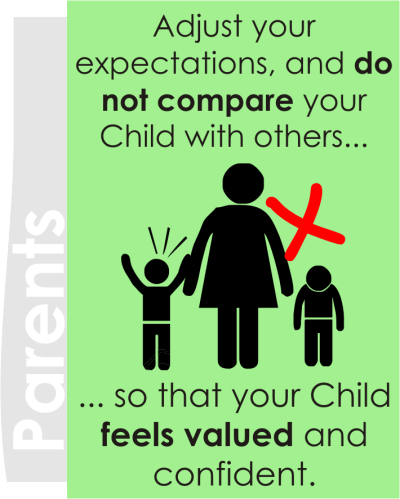 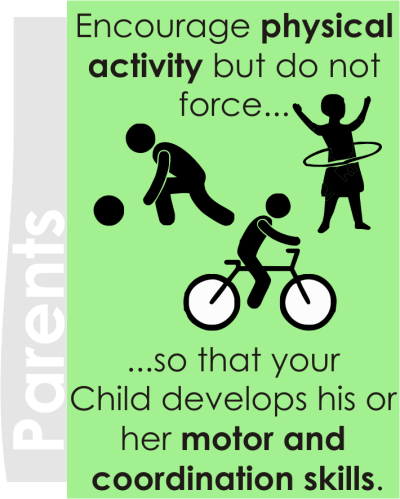 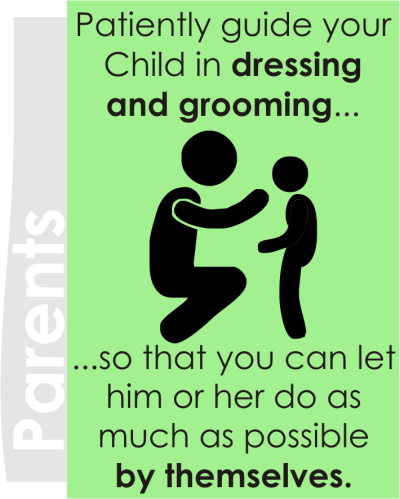 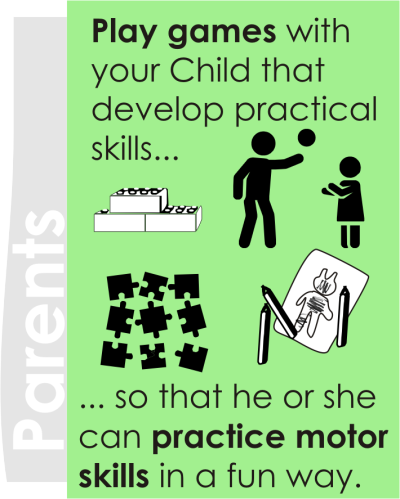 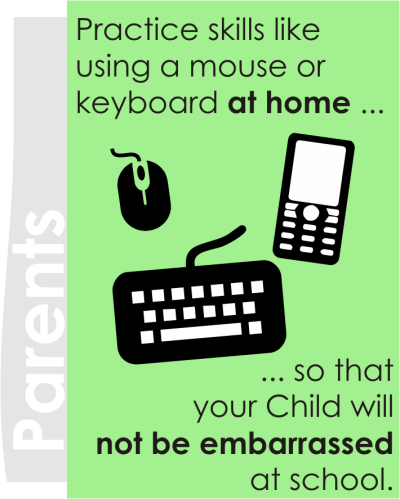 |
When you have Pupils with motor-coordination problems in your classroom...
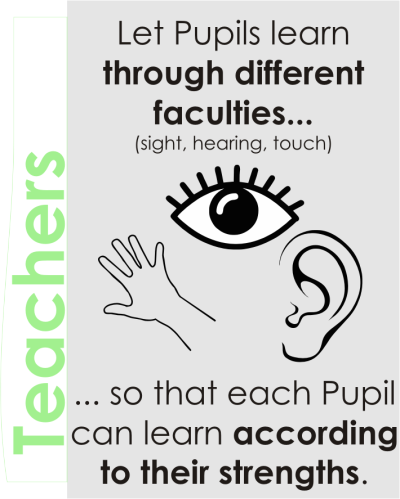 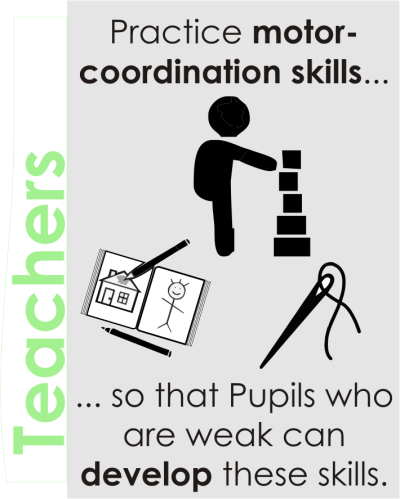 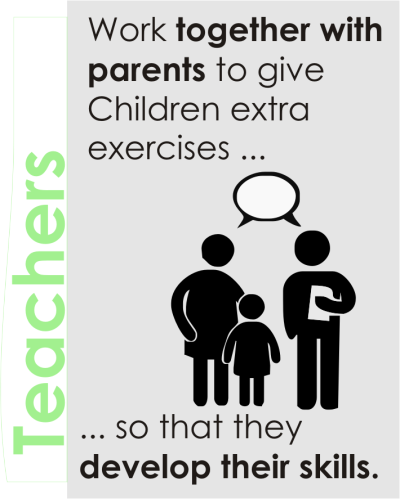 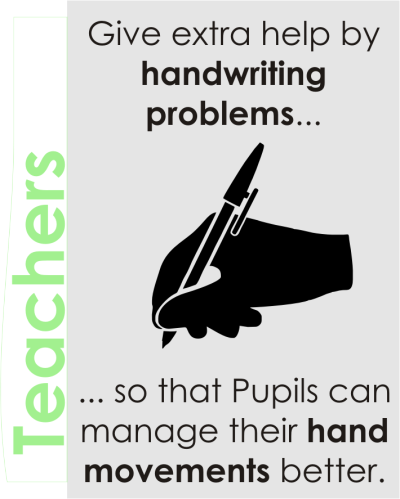 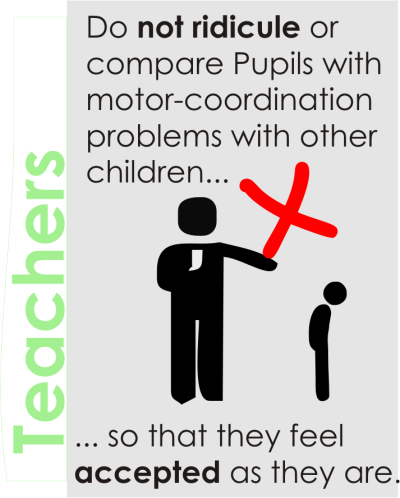 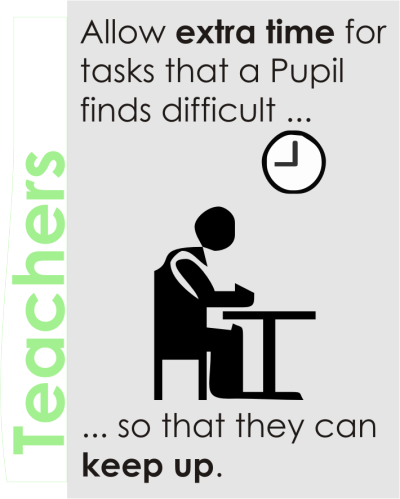 |
How Schools can become more inclusive for pupils with motor-coordination problems...
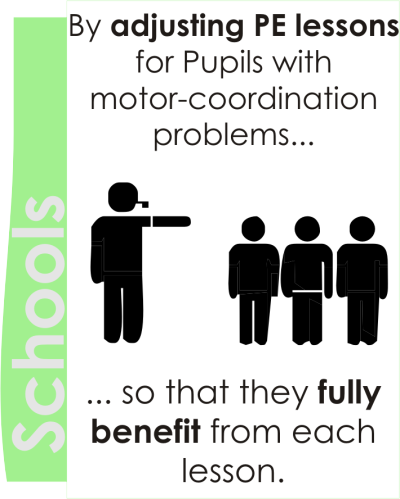 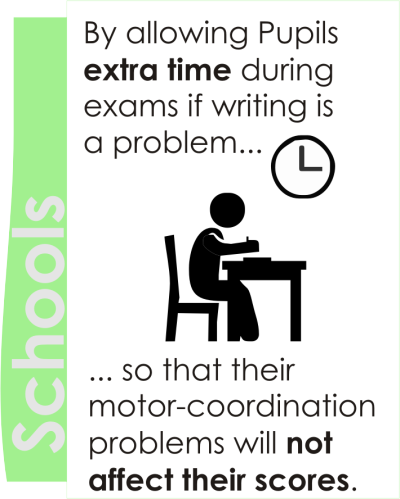 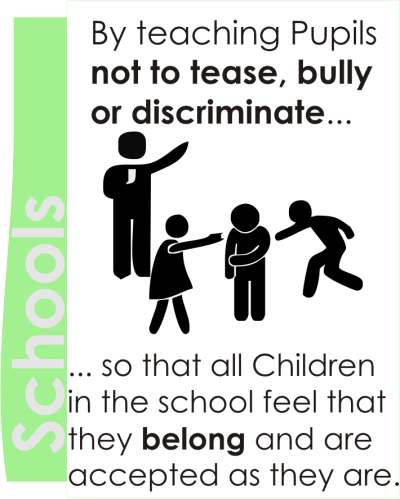 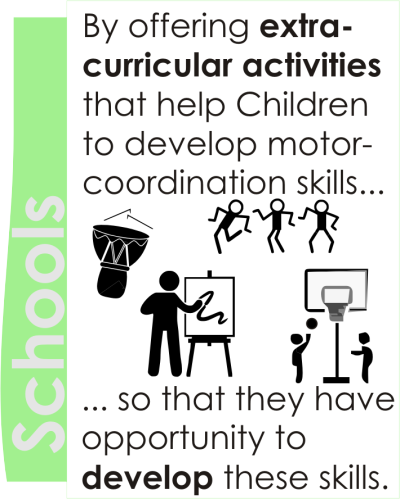 |

Donate via mobile:
+233 (0) 544-700505
